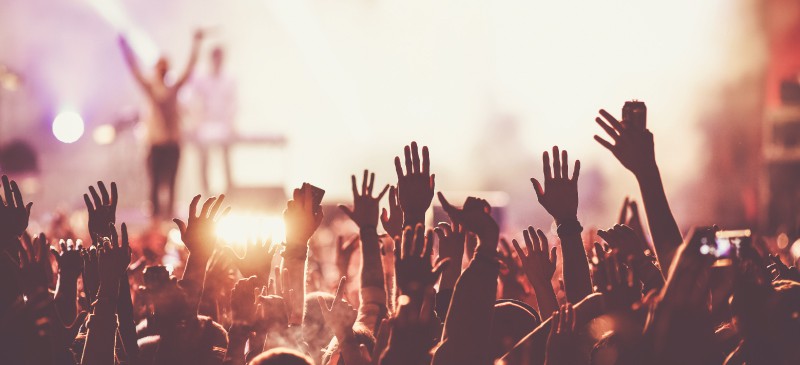This Dr. Axe content is medically reviewed or fact checked to ensure factually accurate information.
With strict editorial sourcing guidelines, we only link to academic research institutions, reputable media sites and, when research is available, medically peer-reviewed studies. Note that the numbers in parentheses (1, 2, etc.) are clickable links to these studies.
The information in our articles is NOT intended to replace a one-on-one relationship with a qualified health care professional and is not intended as medical advice.
This article is based on scientific evidence, written by experts and fact checked by our trained editorial staff. Note that the numbers in parentheses (1, 2, etc.) are clickable links to medically peer-reviewed studies.
Our team includes licensed nutritionists and dietitians, certified health education specialists, as well as certified strength and conditioning specialists, personal trainers and corrective exercise specialists. Our team aims to be not only thorough with its research, but also objective and unbiased.
The information in our articles is NOT intended to replace a one-on-one relationship with a qualified health care professional and is not intended as medical advice.
Going to Concerts Helps You Live Longer, Study Says
April 20, 2018

You probably already know about music therapy benefits involved with treating conditions like anxiety and depression. But are there any music perks associated with just heading out to a live gig to see your favorite band perform live? Well, here’s a study that will be music to your ears: catching a gig just once every two weeks could expand life expectancy by up to nine years. (1)
Going to Concerts & Living Longer? The Possible Links
The study found that spending just 20 minutes at a live gig can increase feelings of wellbeing by 21 percent. The same study looked at other wellness activities, including yoga and dog walking, but neither compared to singing aloud and grooving to a live band.
Live music seems to improve widespread markers along the happiness spectrum. Some findings include:
- A 25-percent increase in feelings of self-worth
- Another 25-percent jump in feeling close to others jumped (perhaps all of that time spent in the mosh pit?)
- A 75-percent increase in mental stimulation
Regular gig goings tended to score the highest levels when asked about their happiness, contentment, productivity and self-esteem.
It’s probably best to take the findings with a grain of salt, as the study was commissioned by a telecom company that sells concert tickets. But still, there’s plenty of scientific evidence that music can give your health a boost.
8 Other Ways Music Improves Your Health
Music minimizes pain and anxiety when you’re under the knife. A meta-analysis of 81 studies found that playing music significantly decreased anxiety and pain for adult patients in surgery. (2)
Music reduces stress. Music is an effective therapeutic tool for people dealing with trauma and PTSD symptoms. (3)
Music gets your creativity going. When you need to get your inspiration on, throw in a pair of headphones. But just make sure the music’s upbeat. A study published in the journal PLoS ONE found that listening to happy music can trigger higher levels of creativity compared to working or brainstorming in silence. (4)
Music improves sleep. Looking for insomnia cures? Struggling to fall asleep at night? One study found that listening to classical music helped students improve their sleep quality when compared to listening to an audiobook or listening to nothing at all. (5)
Music makes you run faster. When male long-distance runners listened to music during a 5-kilometer run, they improved their running performance and went even faster. (6)
Music improves memory recall. If you’re learning another language, music can help. A study of adults learning Hungarian found that those who sang the phrases they were learning recalled them with much higher accuracy than those who spoke the same phrases or spoke them in a rhythmic way. (7) The findings could have implications for neurogenerative diseases like dementia.
Music eases road rage. Traffic getting you down? Listening to music while driving improves your mood, which can impact your driving behavior. (8)
Music helps ease depression. A study of 251 children ages 8 to 16 discovered that receiving music therapy improved self-esteem and decreased in depression symptoms over those children who received standard therapy. (9)
What to Do If You Can’t Get to a Concert
Are your gig-going days past you? Not so fast! Even going to a show once or twice a year can be a fun treat that may reap real health benefits. But there are plenty of others ways to get more music into your life:
- Crank out tunes with headphones while at work
- Jam out in the car
- Listen to music while making dinner instead of watching TV
- Learn how to play an instrument
- Choose restaurants and bars with live music when you’re heading out for a night on the town
- Ask a friend to make you a playlist on a streaming platform like Spotify
- Play your favorite albums from when you were a teenager
- Search for live performances of your favorite bands on YouTube
Final Thoughts
- Attending a live music gig once every two weeks can add up to nine years to your life, according to a 2018 study.
- Being at a concert for just 20 minutes increases a person’s sense of wellbeing by 21 percent.
- Attending concerts and other live music shows are also shown to increase feelings of closeness to others, mental stimulation and self-worth.
- Although the study looking at concerts’ potential life-extending benefits should be taken with a grain of salt because a telecom company that profits from ticket sales led the research, there are many other well-documented benefits of music, including a lower risk of depression, road rage, PTSD symptoms and improved creativity and sleep.


